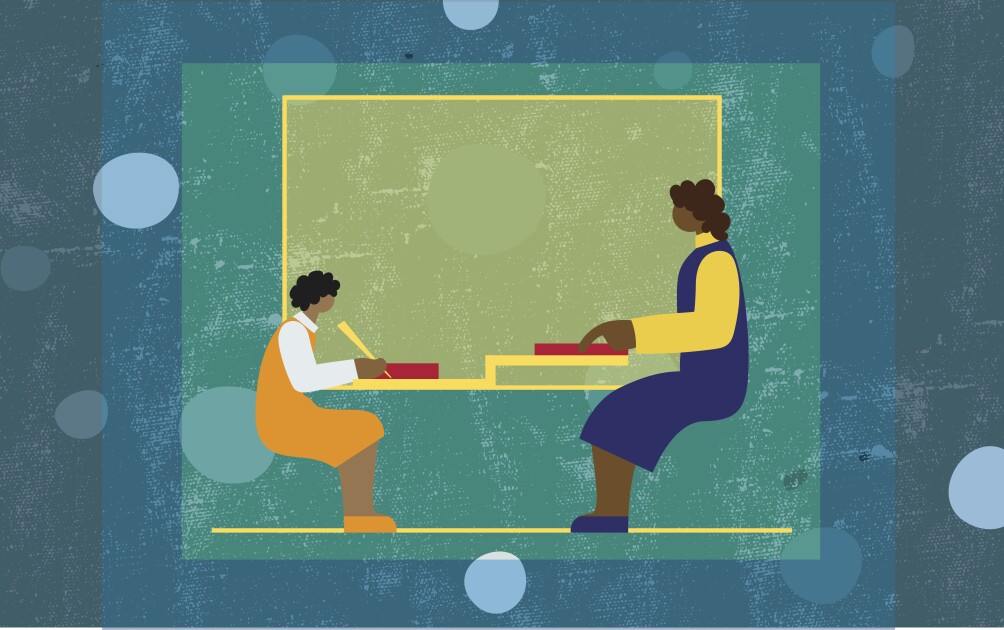Wandering the aisles of my local Barnes & Noble, I approach a table bearing the sign “Summer Getaway Favorites.” Thumbing through the stacks of paperbacks and new hardcover releases, I see the usual summer fare—fast-paced thrillers from favorite authors like Janet Evanovich and Lee Child, weepy beach blanket reads, and thick historical epics. Summer runs on a different schedule; we savor the slower pace of vacations and the longer days. Juicy like peaches, heart-pounding like theme park roller coasters, lazy like panting dogs, summer books represent everything we appreciate about this time of year.
After selecting a few delectable titles, I continue down the main aisle towards the Young Adult section. What delicious finds await me there? Drawn towards a matching Summer Reading sign, I stroll over to check out the summer recommendations for teens. Lord of the Flies? Bless, Me Ultima? Guns, Germs, and Steel? Siddhartha? These are the hot books for summer? What is going on here? The aforementioned titles are wonderful books, but they stand in stark contrast to the fun, escapist books displayed on the adult table across the bookstore.
Nearby, a gangly boy of about sixteen picks through the stacks, finally selecting Kate Chopin’s The Awakening, a tragic novella about a woman who is trapped by the social confines of early 20th Century society (definite chick book). I cannot hold back my curiosity, blurting out, “Are you sure that’s the book you want?”
Something in my demeanor must look motherly (or teacherly), he does not move away from me like I am a weirdo. He sighs, telling me, “It is on my school’s summer reading list and it looks short.”
“Summer reading list? Your school has a summer reading list?”
The boy continues, “Yeah, we have to read four books off the list over the summer and take tests on them when we go back to school.”
I discover later that Barnes & Noble, responding to demands for such required reading list books all summer, puts the most requested ones on a special table for this purpose.
Checking my new acquaintance’s list, I encourage him to take Lord of the Flies, instead. He marches over to the checkout line, clutching just the one book, and I wonder to myself how long it will take him to read those four books. He doesn’t seem enthusiastic.
Thinking back to my teenage summer reading days, I would not have been thrilled, either. I would have resented that list because it kept me from reading my own books. I remember lying in my backyard, slathered in baby oil (hey, we did not know about skin cancer back then) riveted by my copy of Jaws, grateful that I lived in a landlocked place.
I learned many skills during my childhood summers--skills I did not learn in school—how to dive, pick a watermelon, pull out bee stings, and read for fun. Hours and hours of reading over my school vacations are probably why I am such a big reader to this day. Freed from required reading all year long in school, summer was when I read what I wanted.
Would you be surprised to learn the number one reason my former students tell me that they don’t read much in middle and high school? They have too much homework. Think about it, these once avid readers cannot carve out any reading time because of the demands of school! The only time they ever get to read their own books is when school is out.
So why do it? Why require students to read specific books over the summer? Why tie school performance to summer reading? It is well-known that many kids don’t read over the summer, perhaps requiring students to read at least a few books guarantees they read during the break. Perhaps our curriculum load demands that we commandeer part of children’s summers in an attempt to “get it all in.”
We suck up their evenings, their weekends, and now their summers, too? Don’t we resent it when our schools do this to us?
We must remind ourselves that readers who leave school and keep reading are those people who discover reading is personally valuable. When are kids learning from us that reading is pleasurable? When does reading ever get to belong to them and not us? If every book students read, even in the summer, is a book they are assigned to read in school, when do they pick up that reading is an engaging pastime, an activity adult readers pursue for fun?
One hundred feet separates the adult summer reading table from the teen one, a metaphor illustrating the distance young readers must travel before reading becomes an endeavor they can exercise some control over. I imagine many falter on this journey and never make it.


